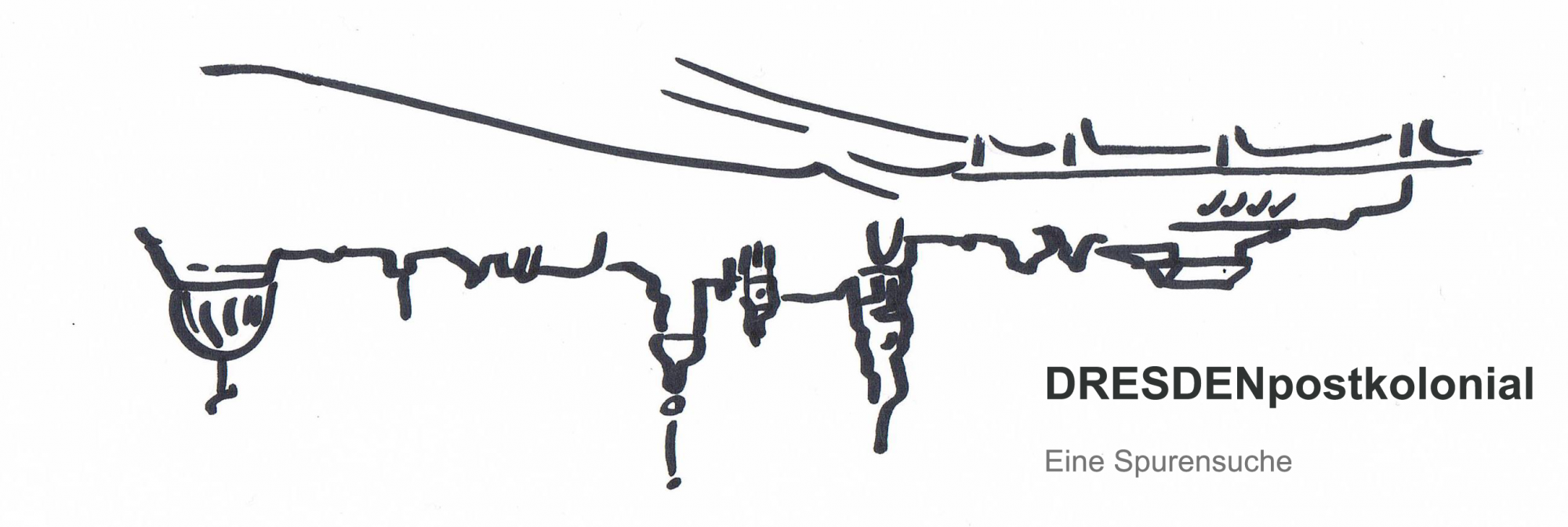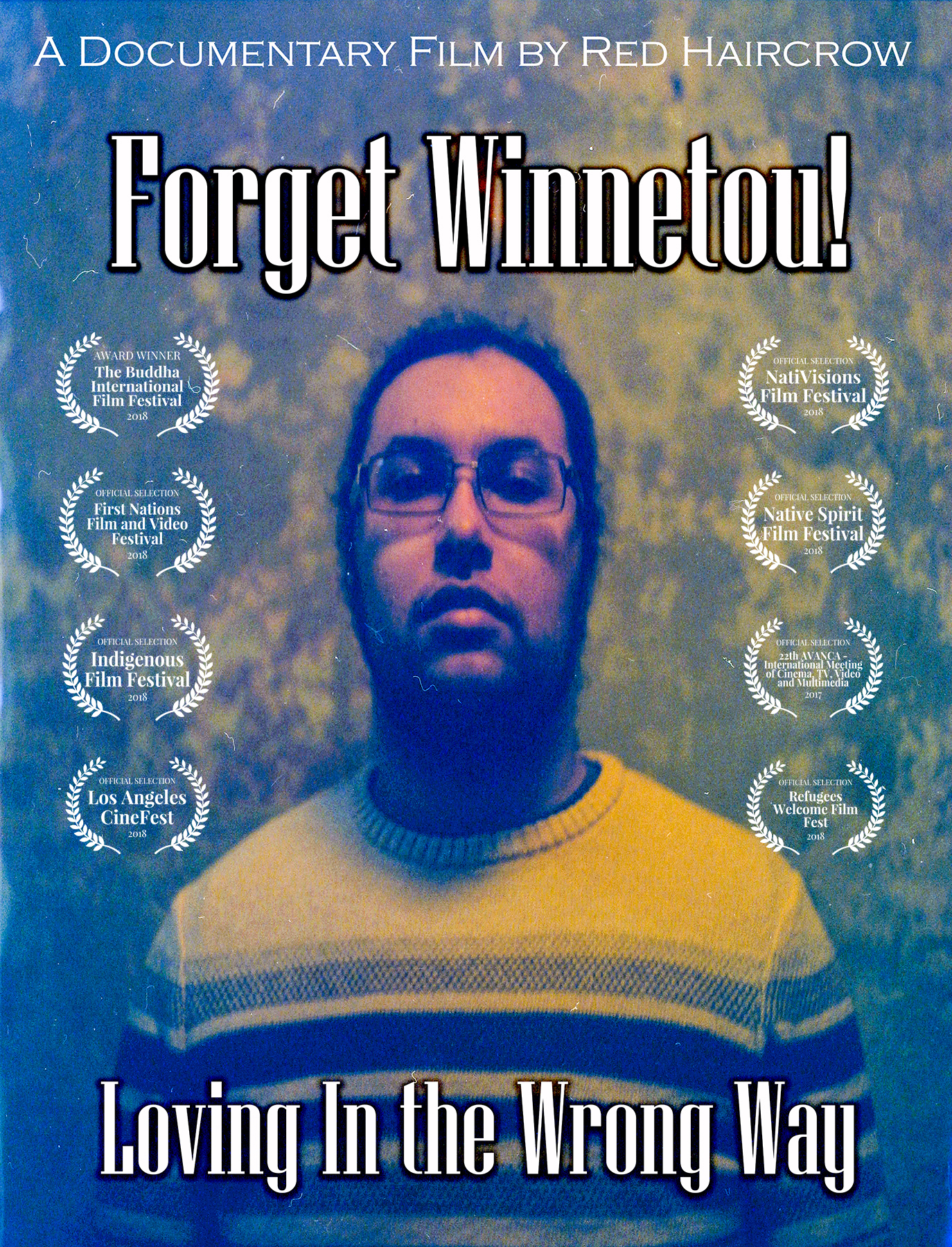Filmvorführung „Forget Winnetou! Loving in the wrong Way“,
und anschließender Diskussion mit Filmproduzenten Red Haircrow
Mittwoch/Wednesday 14. November 2018, 20:00 bis 22:30
Kino im Kasten, August-Bebel-Straße 20, 01219 Dresden
Das Zentrum für Integrationsstudien der TU Dresden zeigt zusammen mit dem Kino im Kasten Red Haircorws Dokumentarfilm „Forget Winnetou! Loving in the wrong Way“ und diskutiert anschließend auf dem Podium mit dem Filmproduzenten. Der Film wird in englischer Sprache mit deutschen Untertiteln gezeigt.
Lecture „Identity. Intersectionality. Indigeneity“ von Red Haircrow
Thursday 15. November 2018, 19:00-20:30 Uhr
FrauenBildungsHaus, Oskarstraße 1, 01219 Dresden
Germany has no problem labeling and defining “Others”, such as its favorite stereotype the Native American Indian, but its own identity in this 21st century is more complex. “Identity”, whether as an individual or as a nation is growing more contentious, not only because of refugees and migration, but the increase in multi-ethnic families, some born or having lived here for generations. Whether it is the normalization of racism in the mainstream or the behaviors and practices of modern colonialism present in government, schools and businesses, and daily on the streets, Germany is a microcosm of struggles facing western society. Misinformation, Eurocentric history and “politically correct” policies that did not reflect interracial reality for decades has created a perfect storm of self-victimization and self-interest.
The same mentality that ignores indigenous rights to self-representation are often those who also stereotype and gaslight GLBTIIQ people, the disabled or economically challenged, especially people of color just for desiring change and equality. This is intersecting oppression.
What and who engineered these behaviors and practices, and for what purpose? And how and why must it change? These questions are each person’s responsibility to educate themselves upon, but the answers must be honest.

